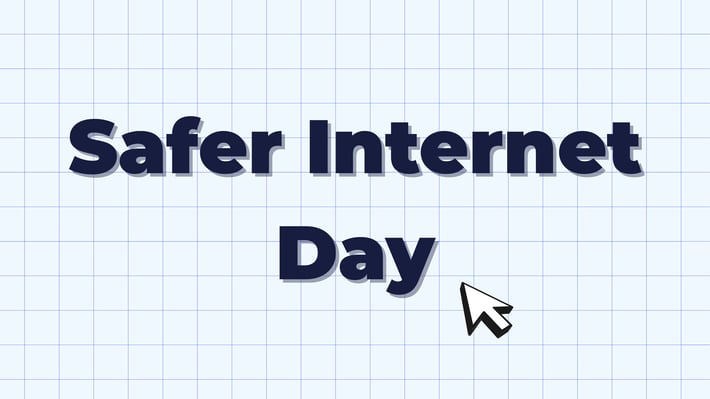
What is internet bandwidth and what do you need to know about it?
A blog post discussing the basics of internet bandwidth.
Internet providers like to brag about their bandwidth when they're trying to win or keep your business. But while it's true that bandwidth is an important metric to consider when you're evaluating internet service options, it can be all too easy for some internet service providers (ISPs) to lead people astray, focusing on bandwidth without telling the full story regarding their actual internet service speeds.
Make no mistake: If you want the best internet service possible, you'll want the highest bandwidth available in your area. But exactly what is internet bandwidth, and what is its relationship with download speeds and your overall customer experience?
You've got questions, and we've got answers. Here's everything you need to know about internet bandwidth when you're evaluating internet service options.
What is internet bandwidth?
When it comes to internet service, the simplest definition for bandwidth is the maximum potential rate at which data can be transferred across your internet connection. High bandwidth levels mean your internet infrastructure can potentially accommodate high volumes of data transfer, while a connection with limited bandwidth may struggle to meet your internet service needs.
However, "potential" is the key operating word here. While bandwidth represents the maximum amount of data transfer available through any connection, the actual performance of many types of internet service (including cable internet) falls well short of the connection's bandwidth limits.
Why is bandwidth important?
Bandwidth is important for two key reasons. First and foremost, it reflects the upper limit of your internet service speeds, including upload and download speeds. This can help you determine whether your current connection is sufficient to meet your home's needs. For example, a connection with a bandwidth of 25 Mbps may not be enough to support internet usage across multiple devices.
In addition, certain types of internet service, including cable, share bandwidth, which means the total bandwidth available to your home may drop when neighbors are online too.
What is the difference between bandwidth and speed?
If you're still wondering about internet bandwidth's relationship to upload and download speeds, it can be helpful to think of bandwidth as a highway with a posted speed limit. While the speed limit tells you how fast you are allowed to go, your actual driving speed depends on how much traffic is on the highway and how quickly your vehicle is able to travel.
For cable internet users, heavy traffic slows down upload and download speeds in the same way that heavy traffic forces you to drive below the speed limit. Fiber internet solves this problem by eliminating congestion and shared roadways for your internet speeds, which means your internet connection can operate much closer to your bandwidth limit.
How can you check your bandwidth?
A simple online speed test will offer insight into your true upload and download speeds. Compare your speed test results with your promised bandwidth to see what kind of gap you're experiencing. A single test may not tell the whole story; run a few at different times of day to get an average.
How can you increase your internet bandwidth?
If you're unsatisfied with your current bandwidth levels, you have a few ways to approach increasing that bandwidth. While you can't do much on your side of the internet connection, you can always check with your internet service provider to find out if plans with higher bandwidth levels are available.
Alternatively, you can seek out a different ISP that offers higher bandwidth options. Ideally, you should explore local fiber options to find an internet service that offers lightning-fast bandwidth that doesn't drop, even during peak hours.
Key takeaways
- High bandwidth on paper doesn't always mean fast upload and download speeds in the real world.
- Unlike cable internet, fiber internet doesn't share bandwidth with neighbors and cost you internet performance.
- If your internet speeds are much lower than your bandwidth, it might be time to explore other internet providers.
If you're tired of internet service that falls way below its advertised bandwidth levels, upgrade to Ting fiber internet for fast, reliable internet that won't let you down.
.png?length=710&name=Blog%20banners%20(27).png)

